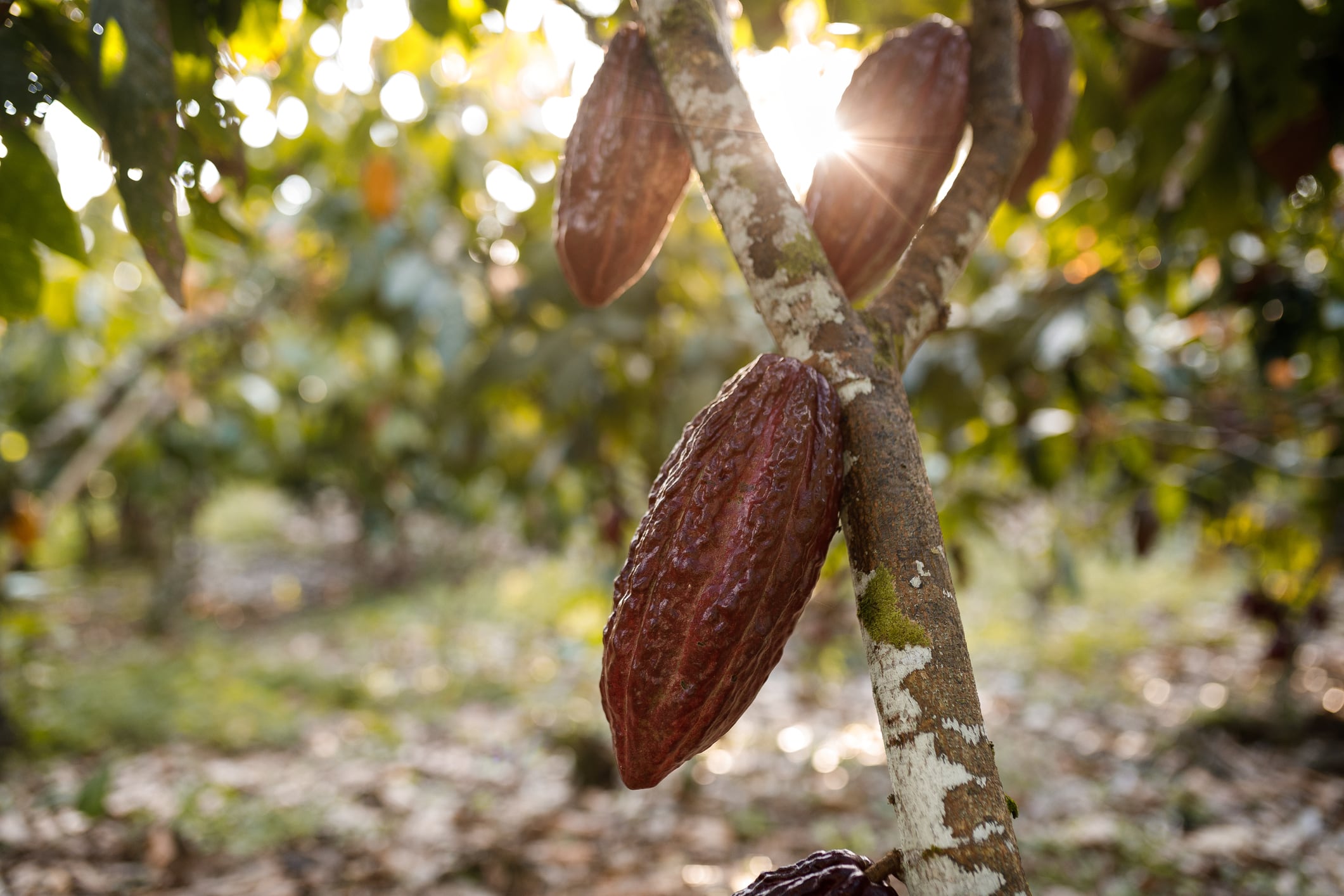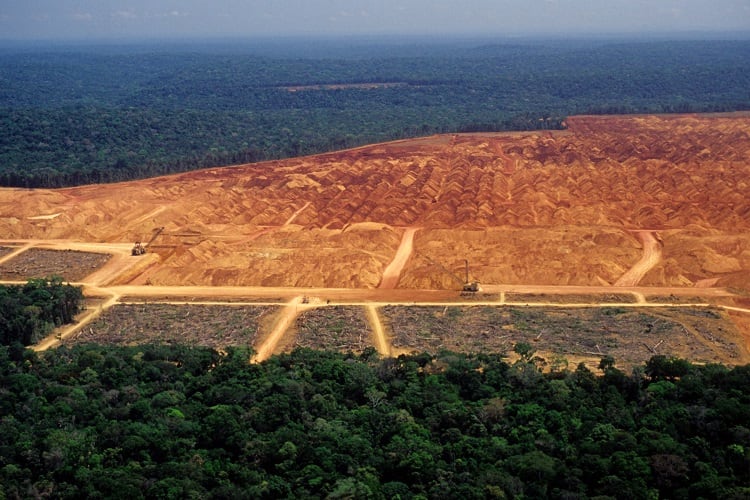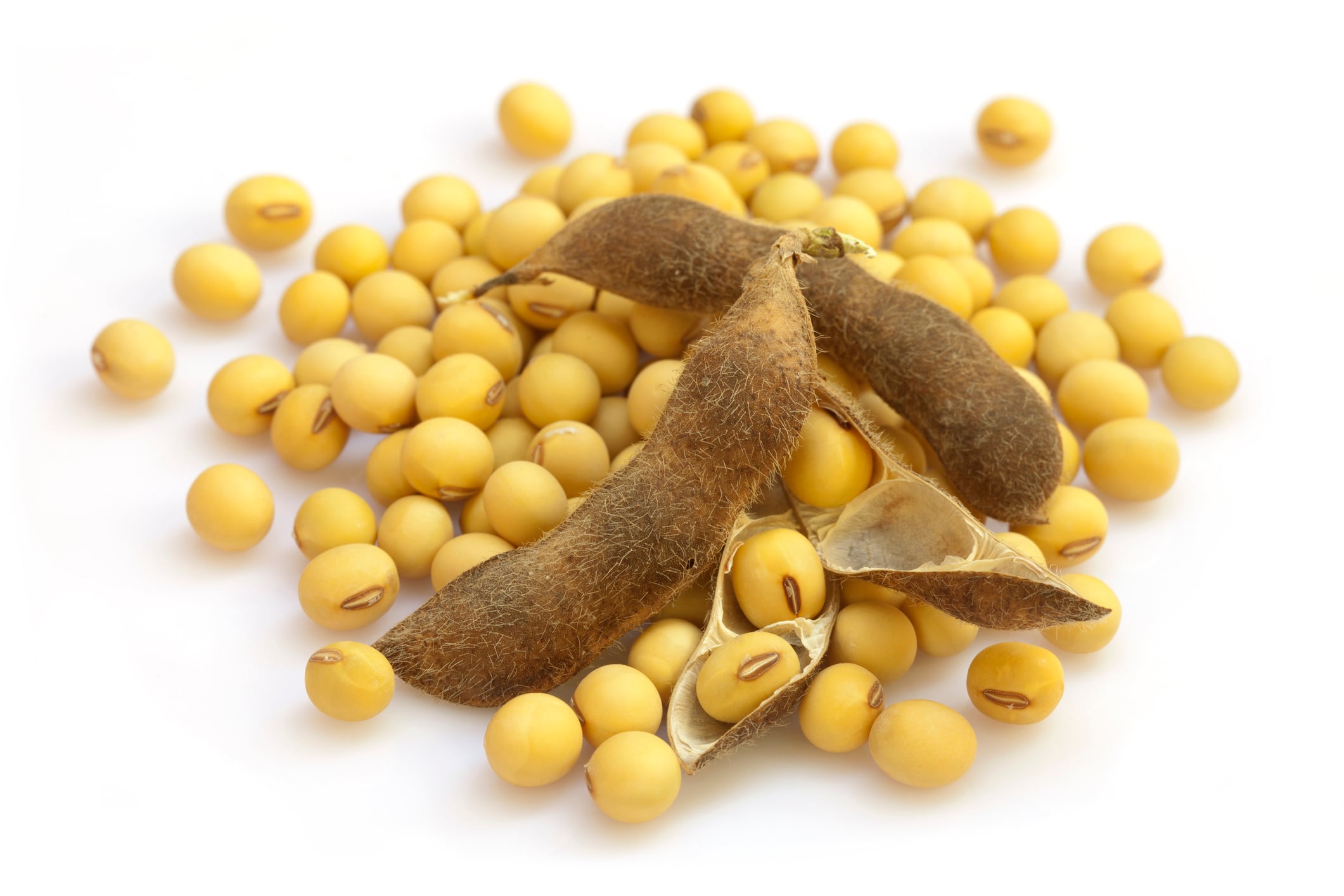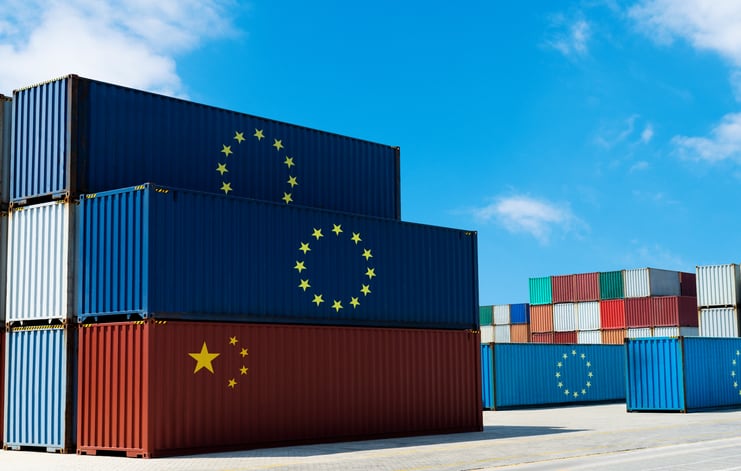While many in the food and beverage industry understand the need for the European Union Deforestation Regulation (EUDR), its implementation has also faced some fierce resistance, particularly from those most seriously impacted.
Governments in supplier countries and some manufacturers have fought for a relaxing of the regulation, deadline extensions, and in some cases, abandonment of the bill altogether.
Meanwhile environmentalists have put pressure on the EU to stick to the original details of the bill and its 2024 deadline. Both of which failed, as the deadline was extended by 12 months to 30 December 2025, and just last week, the EU announced its plans to ‘simplify’ the bill. The simplification measures are intended to reduce administrative costs by an estimated 30%, though some will see this as a watering down of the law.
Now, industry experts are joining environmentalists in their fight to protect EUDR, saying that though costly, it has the potential to protect future food security and any further delays or amendments could have devastating effects.
“While EUDR introduces short-term complexities, in the longer term, it is accelerating a long-overdue shift toward supply chains that are more transparent, traceable, and resilient,” says Jon Trask, CEO of AgTech company Dimitra.
Is industry ready for EUDR?
The 30 December 2025 deadline is fast approaching, but Trask believes the food and beverage industry is now close to being ready for the regulation’s implementation.
“The extended phase-in period has given the industry a chance to prepare, and for some, to experiment and refine strategies before enforcement kicks in,” he says.
And previous oppositions from supplier countries appear to have been resolved, with Trask noting governments are now taking steps towards recognising and addressing implementation challenges.
“At the origin level, we’re seeing serious discussions and efforts to set up frameworks to help these industries meet regulatory demands,” he says.
However, the industry is still facing major challenges in implementation.

EUDR challenges
One of the biggest challenges for food and beverage manufacturers in addressing EUDR is the fact their suppliers still aren’t fully aware of what the regulation means to them.
“There is still a disconnect when we look at the origin countries,” says Trask.
Beyond awareness, access is also a significant challenge. Without the financial resources or infrastructure to map plots or register data accurately and efficiently, it’s difficult for producers to meet requirements.
“That’s where collaboration becomes critical,” says Trask. “If we want to build a more transparent and equitable supply chain, we need to ensure the tools, training, and support are reaching the people at the very beginning of that chain.”
Meanwhile, some European companies have still not fully understood that data collection and traceability start at the farm gate and not at European port arrivals. As a result of this the speed at which farmers in origin countries are being registered is slower than anticipated.
And data ownership is a deeper issue that needs to be addressed.
“Too often, we see information flow upwards to multinational corporations or NGOs, rather than remaining with the farmers who generate it,” says Trask. “We will see true progress only when farmers are empowered to own their data and share it freely with those they choose to work with.”
But the biggest challenge facing all industry stakeholders is undoubtedly the uncertainty surrounding the consequences of non-compliance.
- What happens if non-compliant goods are imported and used in the European market?
- And how will the industry manage when origin data is not available or transparent, but the goods are still needed?
These questions need to be addressed for the industry to fully prepare for EUDR compliance, as they will almost certainly occur in the days, weeks, months, and possibly even years following the deadline.
“The lack of clear solutions to these scenarios leaves a gap in the effectiveness of current governmental efforts,” says Trask. “More concrete, forward-thinking strategies are needed to tackle these issues and ensure that the industry can maintain its operations while upholding sustainability standards.”

Taking a positive approach
To overcome the challenges of EUDR, Trask believes the European supply chain must shift from focusing on the negative aspects of the regulation to a more constructive approach.
“Instead of staying fixated on its complexities, the industry should prioritise data sharing and collaborate on building support for farmers at the source,” says Trask.
Moreover, he says that a fundamental shift needs to take place, recognising farmers not just as suppliers, but as valuable contributors to the industry’s supply chain.
What is EUDR?
EUDR stands for European Deforestation Regulation. It is an EU directive ensuring that all products on the EU market, and crossing into and out of the European Union, comply with EU deforestation regulation.
EUDR dictates that products containing any of the seven deforestation-risk commodities - soy, beef, palm oil, wood, cocoa, coffee and rubber - must prove they do not originate from land deforested after 31 December 2020.
Companies must obtain certification to ensure their products comply with the regulation.





